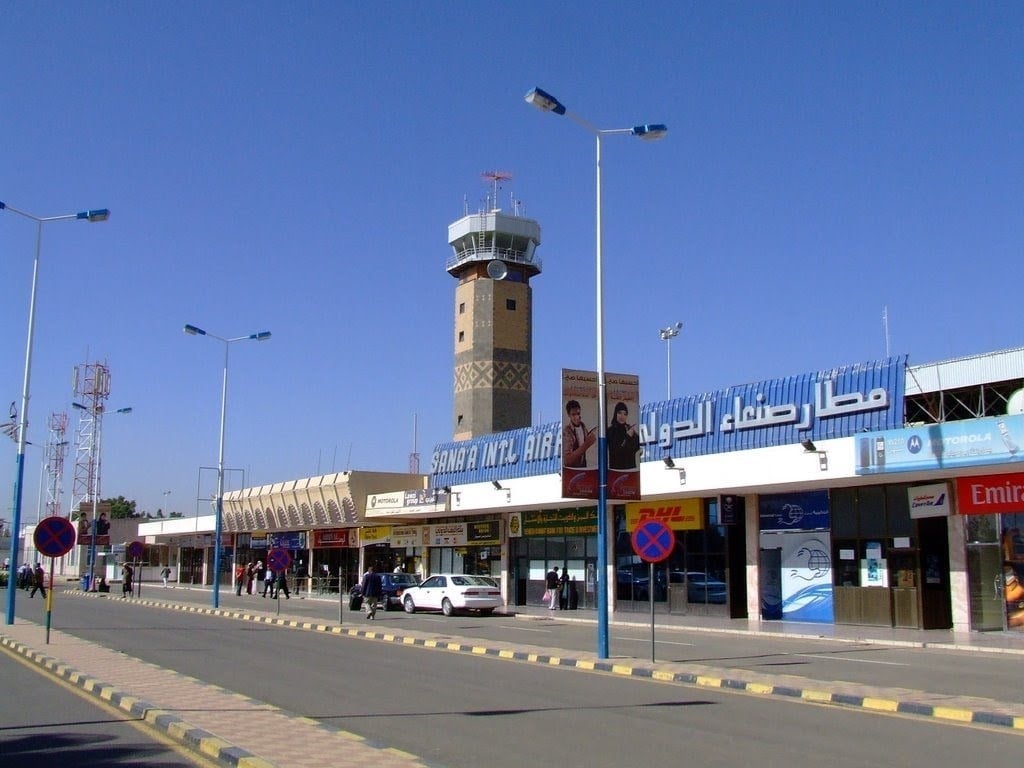Abdul Salam: After month of ceasefire, no flight to Sanaa allowed
The head of the Yemeni negotiating delegation says aggression countries are breaching the humanitarian truce by disallowing flights to Sanaa airport after a month of the truce.
-

Sanaa International Airport (archive)
Sanaa announced on Monday the end of the first month of the UN Humanitarian Truce without any flights being allowed to Sanaa airport, which they considered to be an outright violation of the agreement.
The head of the Yemeni negotiating delegation, Mohammad Abdul Salam tweeted that this constitutes a violation of the agreement, and added that ships headed to Hudaydah Port are continuously obstructed, not to mention the continuation of military violations, with the aggression's aircraft launching two strikes on Marib.
انتهى الشهر الأول للهدنة الإنسانية دون أن تسمح دول العدوان بأي رحلة إلى مطار صنعاء في مخالفة صريحة لما تم الاتفاق عليه إضافة إلى الاستمرار في عرقلة وصول السفن إلى ميناء الحديدة واستمرار الخروق العسكرية حيث شن طيران العدوان التجسسي صباح اليوم غارتين في منطقة صرواح/مارب.
— محمد عبدالسلام (@abdusalamsalah) May 2, 2022
The head of Yemen's Supreme Political Council, Mahdi Al-Mashat, said, "the countries of aggression are imposing many criminal measures, which have led to a rise in transportation costs, food and drug prices, added to many other repercussions."
Among the most prominent provisions of the truce is the entry of 18 ships carrying fuel into the ports of Hudaydah, and two flights to and from Sanaa airport to be allowed every week, but no progress was recorded in its most important provisions.
While the United Nations warned of worsening humanitarian conditions in Yemen, it noted that the fragile two-month truce that came into effect in early April could contribute to changing the situation.
"The worsening humanitarian crisis in Yemen is a reality that we need to urgently address," David Gressly, the UN humanitarian coordinator for Yemen said in a statement released on Saturday, adding that "Over 23 million people -- or almost three-quarters of Yemen's population -- now need assistance... an increase of almost three million people from 2021."

 2 Min Read
2 Min Read








